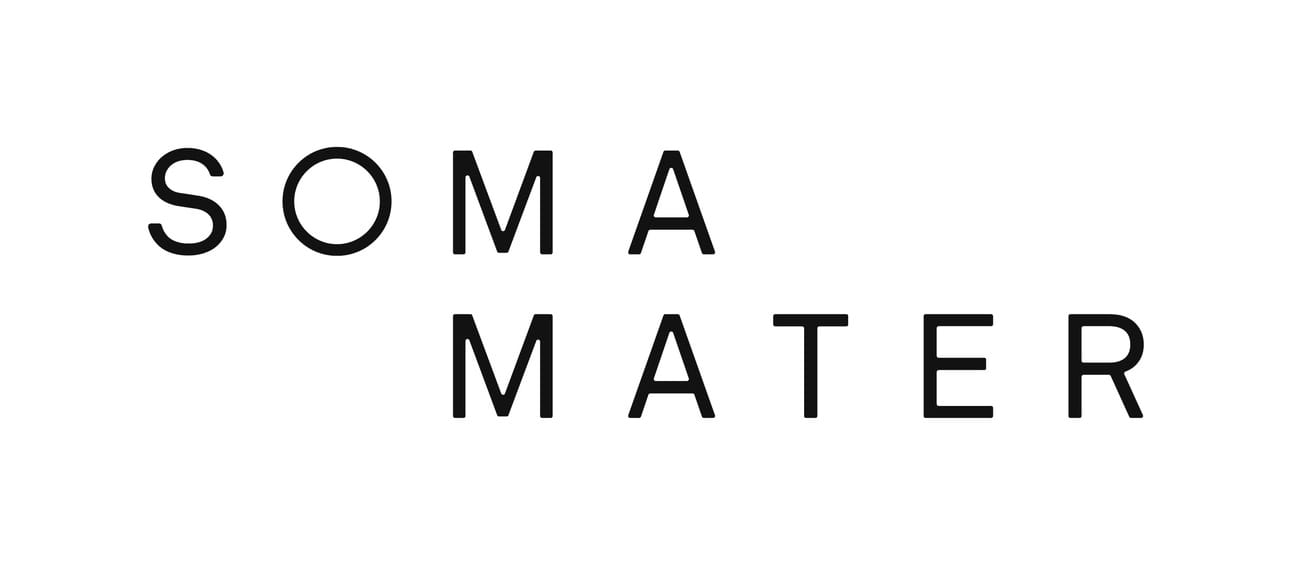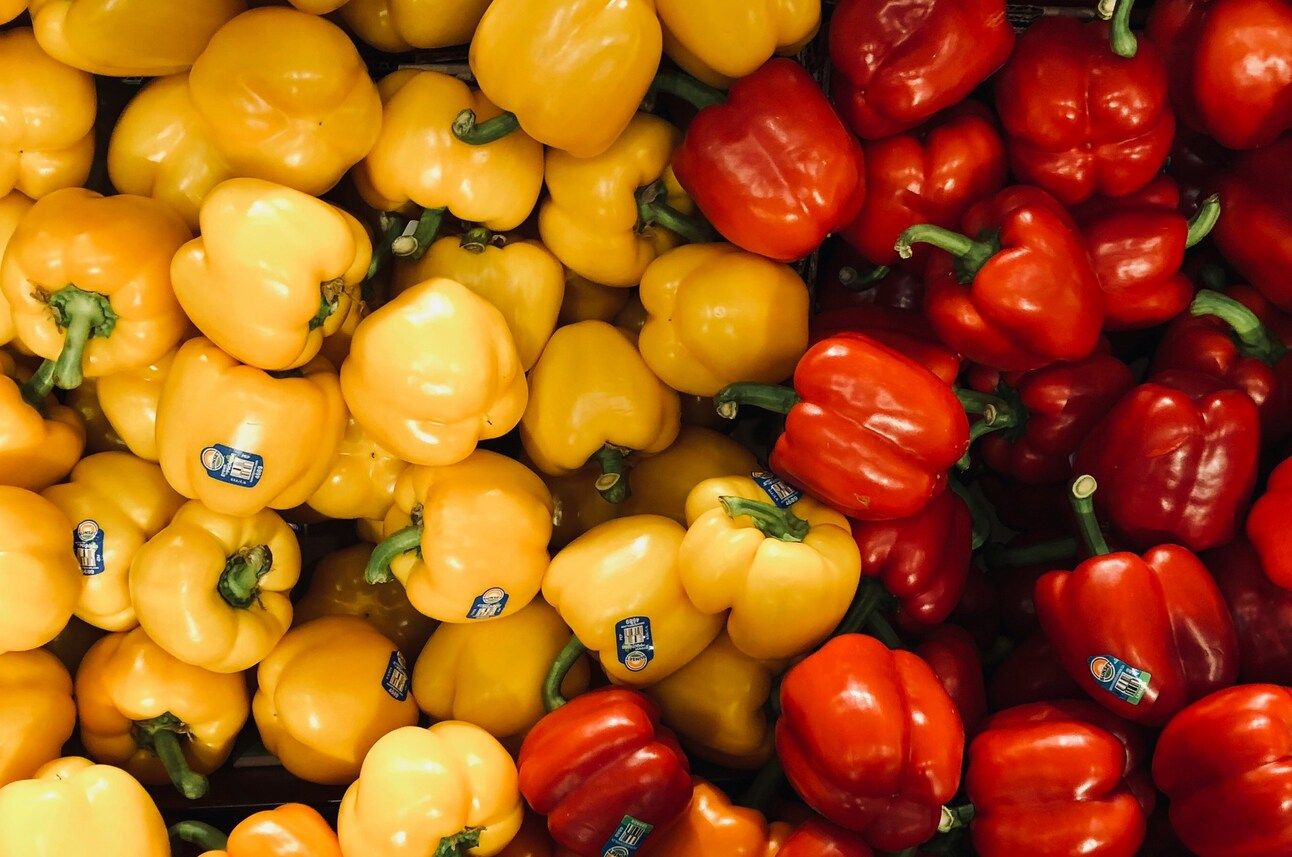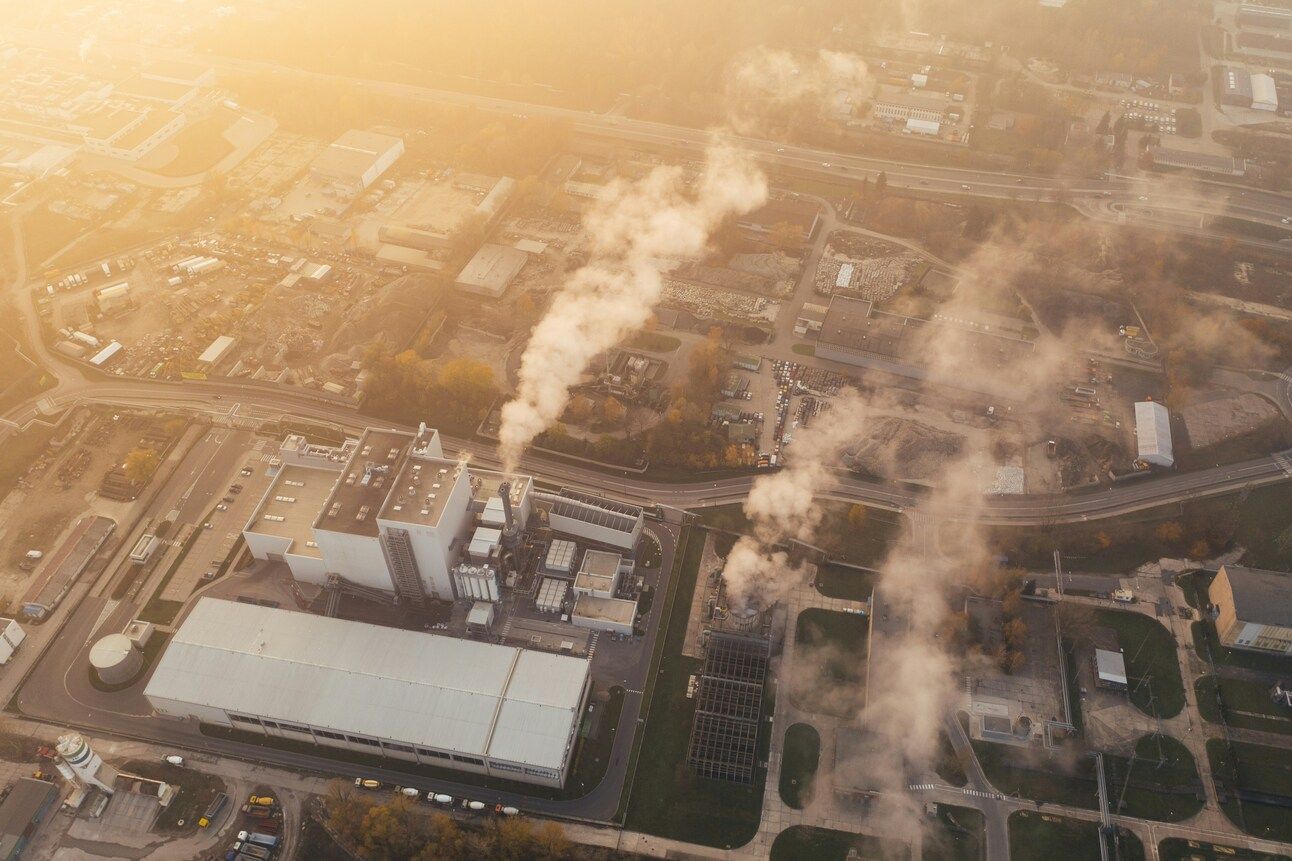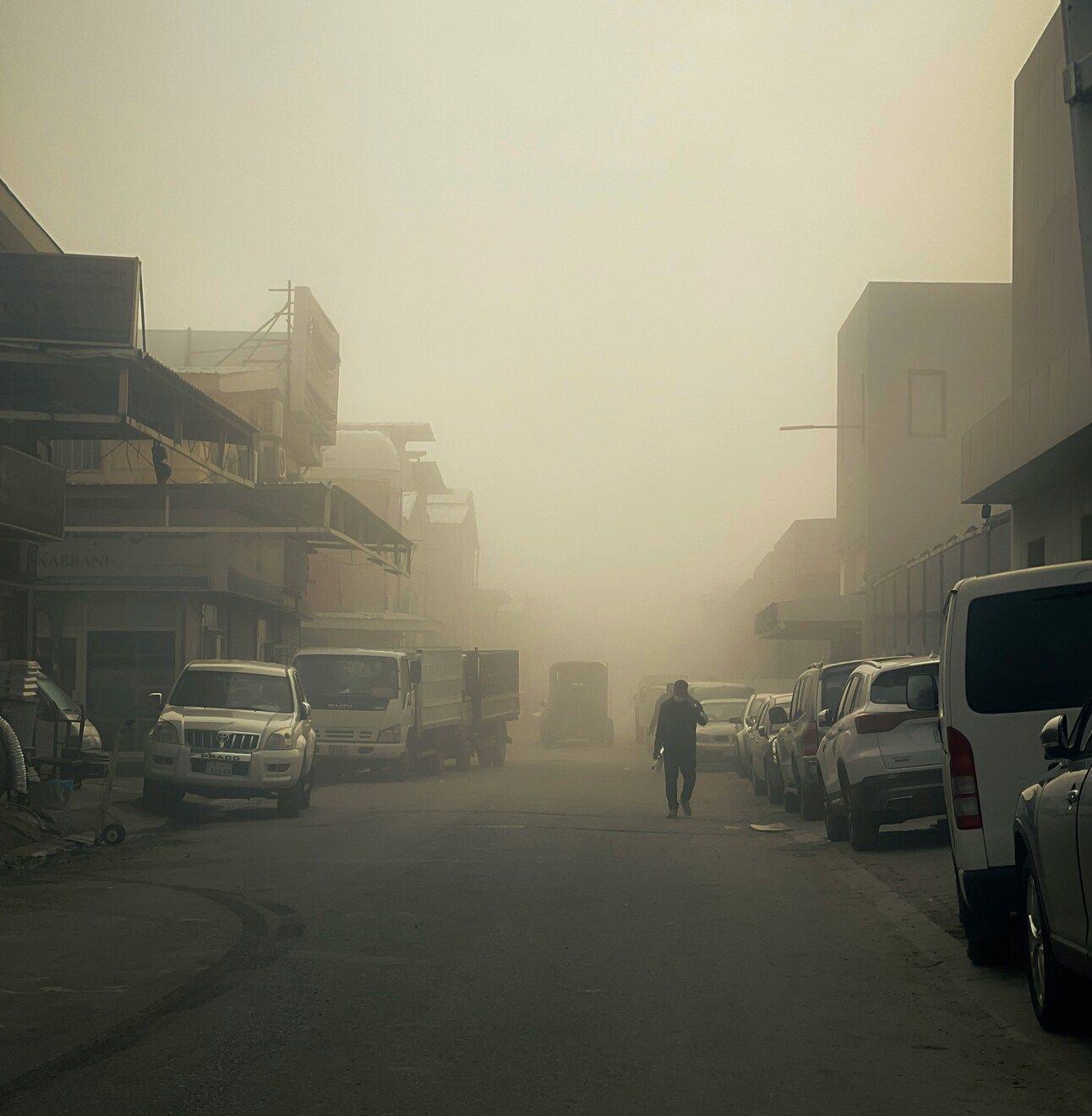- Soma Mater's Newsletter
- Posts
- SOMA MATER Weekly Newsletter
SOMA MATER Weekly Newsletter
September 6th 2024

Welcome to the SOMA MATER Weekly Newsletter.
This weekly newsletter highlights the top 3 stories from the past week in food systems and sustainability, along with SOMA MATER's analysis and perspective.
We are excited to announce that Soma Mater will be hosting an Online Live Session on September 18th at 9:00am, to discuss our Food Security and Net Zero Intelligence Reports.
This session will provide an in-depth look at our reports and the opportunity to ask questions directly to our team.
Please RSVP by emailing us on [email protected] and join the live session by using the below link options:
Linkedin: SOMA MATER
Instagram (@wearesomamater)
Sustainably yours,
The SOMA team
ADQ and ne'ma: Uniting Forces to Tackle Food Waste in Abu Dhabi

Abu Dhabi's investment and holding company ADQ has entered into a multi-year partnership with the UAE's National Food Loss and Waste Initiative ne'ma. This collaboration aims to address food loss across the entire value chain, from production to consumption.
It is set to bolster ADQ's efforts in enhancing the resilience of the local food system while reinforcing its investments in the food and agriculture sector. ADQ's food and agriculture cluster is focused on improving food security and sustainability through investments in agricultural technology and expansion of domestic farming capabilities.
As part of the agreement, ADQ and ne'ma will work together to develop initiatives that reduce food loss throughout the value chain and promote responsible consumption habits. Additionally, ne'ma will provide valuable data to ADQ, identifying food loss hotspots and systemic gaps. This information will be crucial in addressing challenges and formulating effective solutions to combat food waste.
This partnership represents a significant step forward in Abu Dhabi's commitment to sustainable food practices and highlights the importance of collaboration between public and private sectors in addressing critical environmental challenges.
Soma’s perspective:
This represents the collaboration of data and food waste management on-the-ground. It has the potential to generate significant new insights at scale. We're eager to see whether this data will become publicly accessible. SOMA believes that large-scale data is crucial for informing effective policy decisions. Abu Dhabi's leadership in this area could guide other regional players and countries in implementing necessary changes, based on the lessons learned from this partnership.
Sources:
Emirates NBD and BeZero Carbon Join Forces: Enhancing Carbon Market Trading

Emirates NBD has partnered with BeZero Carbon, a global carbon ratings agency, marking a significant milestone in the UAE's carbon market. This collaboration establishes Emirates NBD as the first bank in the UAE to integrate an independent ratings agency into its voluntary carbon market trading operations.
The partnership is a response to the growing corporate demand for managing carbon emissions offsetting, aligning with the UAE's ambitious Net Zero by 2050 strategic initiative. By incorporating BeZero Carbon's expertise, Emirates NBD is enhancing its ability to provide more transparent and reliable carbon trading services.
A Carbon Rating Agency, such as BeZero Carbon, employs independent and objective analysis to issue ratings, typically in the form of letter grades. These ratings assess the likelihood that a carbon project delivers real climate impact, providing valuable insights for investors and companies engaged in carbon offsetting.
This partnership represents a significant step forward in the UAE's commitment to sustainable finance and carbon reduction efforts, positioning Emirates NBD at the forefront of innovative environmental solutions in the banking sector.
Soma's Perspective:
This announcement demonstrates the rapid growth of the carbon market as we progress in the transition to clean energy. The increasing demand from companies for carbon emissions offsetting management highlights a crucial aspect of this transition. As more businesses recognize the importance of managing their carbon footprint, there's a pressing need for a robust and reliable supply of carbon offsetting options.
Regional companies are increasingly embedding sustainability strategies into their plans. Carbon reporting is becoming an integral part of broader sustainability reporting for many businesses. Almost half of the survey respondents in PwC’s “Sustainability in the Middle East 2024: Breaking through barriers” report say their companies either have a CSO or plan to appoint one to oversee monitoring and reporting. The findings reveal the increasing value of sustainability reporting. This trend is driven by growing pressure from regulators and investors, both in the region and globally, for greater transparency in business practices. However, there has been controversy regarding carbon credit certifiers exaggerating actual carbon offsetting achieved. The next hurdle will be the reliability of carbon credit systems and we stress the need for companies to use rigorous verification processes.
Sources:
Gulf Climate Action Urgency: Air Quality Alert Sounds the Alarm

With temperatures soaring in the GCC this summer, residents are facing extreme heat and deteriorating air quality. This poses significant health risks, particularly for vulnerable populations.
The air pollution crisis in the GCC stems from both human activities and natural phenomena. Some of the major contributors to aerosol emissions in the region are infrastructure development, excessive use of subsidized energy, water desalination, traffic congestion in big cities, and industrial operations.
The State of Global Air Report 2024 shows that air pollution was the second largest risk factor for death worldwide in 2021. Asia, Africa, and the Middle East suffer from the highest levels of PM2.5 pollution. Out of the top ten countries with the highest PM2.5 (particulate matter 2.5 micrometers or less in diameter) levels, eight are in Africa and two are in the Middle East. North Africa and the Middle East also have the highest NO2 (Nitrogen Dioxide) pollution, followed by high-income countries, and Central and Eastern Europe and Central Asia. The Middle East is home to seven of the ten countries with the highest NO2 levels, including Bahrain, Qatar, Kuwait, Lebanon, and the UAE.
The region's heavy reliance on fossil fuels for transportation and energy production, coupled with an increase in climate change-driven dust storms, is exacerbating the situation. Environmental groups are sounding the alarm, calling for immediate action to address what they term an "escalating crisis".
SOMA’s Perspective:
The deteriorating air quality's effect on the region's livability should not be overlooked as a key factor pushing the alternative energy transition. Research shows that transitioning to alternative energy vehicles and clean energy production significantly reduces emissions, benefiting air quality and health outcomes. The GCC region is already making progress in this transition. The UAE, for example, has converted 20% of federal government agency vehicles to electric powertrains; and Abu Dhabi will be launching electric and hydrogen-powered buses in the Emirate soon. There are also goals of the wider economy to transition. Construction, however, with its ongoing growth, will still remain a major contributor to man-made pollution.
Sources:
SOMA MATER is writing Intelligence Reports on the topics of Food Security and Net Zero Transition. If you’d like to know more, contact us through the link below: